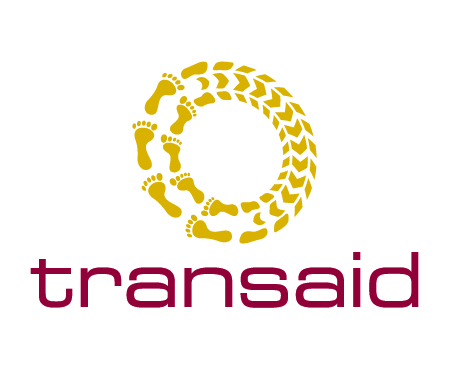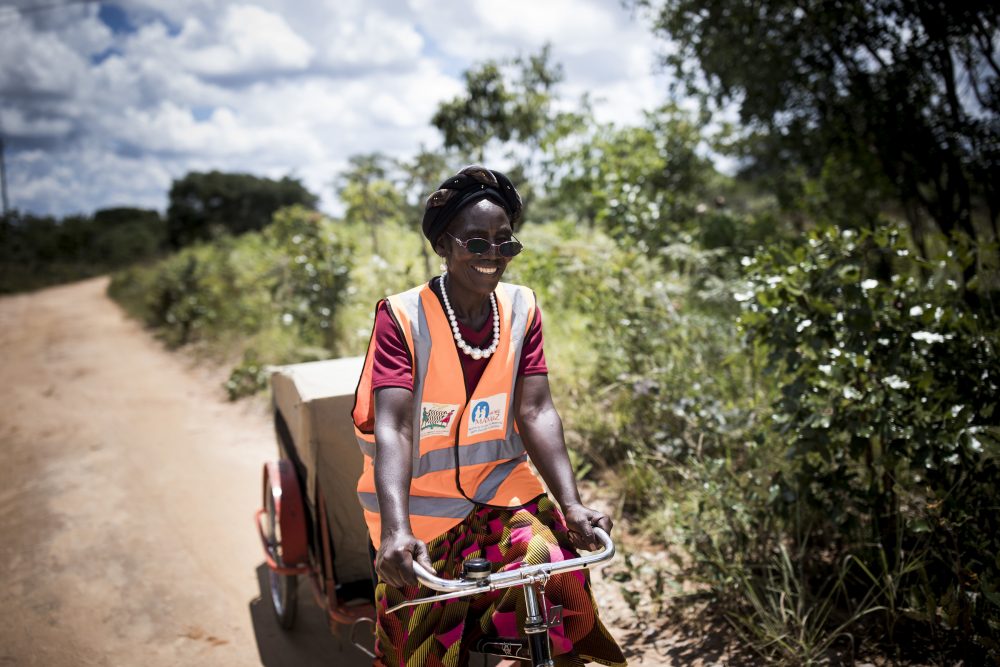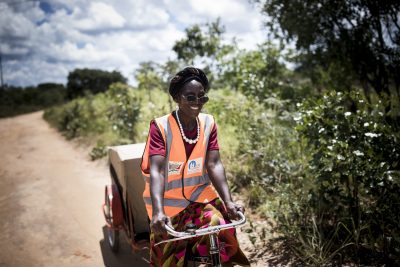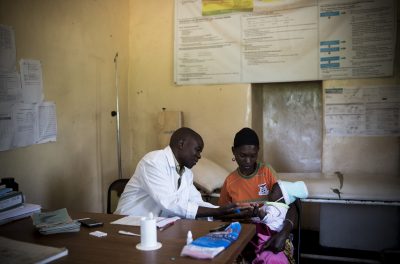International development organisation, Transaid, is part of a major programme to scale up the highly successful MAMaZ against Malaria (MAM) pilot project, after securing matched funding from Grand Challenges Canada (GCC) and the Government of Canada that will allow the project to benefit around four times as many people living in rural Zambia – from 54,000 to 200,000.
Transaid, along with a consortium of partners comprising Development Data, DAI Global Health, Disacare, and Medicines for Malaria Venture (MMV) are working with the National Malaria Elimination Centre (NMEC) in Zambia.
The new project – MAMaZ against Malaria at Scale – follows a 12-month pilot which reduced severe malaria fatality by 96 per cent (from 8 per cent to 0.25 per cent) in Serenje district. This was achieved through effective community engagement, a functioning drug supply chain, implementing an innovative emergency transport system for patients using bicycle ambulances and increased access to key medicines for severe malaria.
Caroline Barber, CEO of Transaid, says: “Together with our partners, this new 18-month project will see us supporting a four-fold increase in population coverage with the potential to reach five districts, 200 communities and 38 health facilities, and save hundreds more lives. The consortium will provide strategic and technical support to NMEC as Zambia transitions to scale.”
The project will continue to see the MAM at Scale consortium working in collaboration with NMEC to procure World Health Organisation (WHO) quality assured Rectal Artesunate (RAS) – used to help manage severe malaria in children less than six years old at a community level before they are referred to a healthcare facility to receive injectable artesunate.
Once a suspected severe malaria case has been identified in the community and RAS administered, the child will be referred to a health facility and transported by bicycle ambulance. During the pilot phase, Transaid’s emergency transport scheme made 1,066 transfers to a health facility – with local volunteers riding bicycle ambulances placed strategically within local communities.
“Malaria can become deadly all too quickly, especially for children under five living far from health facilities,” said George Jagoe, Head of Access & Product Management, MMV. “The dramatic 96 per cent reduction in case fatality achieved by the pilot project, demonstrates not only the undeniable benefit of using RAS and emergency transport in tandem but also the incredible life-saving impact this project could have at full scale in Zambia as well as other high-burden malaria countries.”
For more information and to find out how you can support the organisation visit www.transaid.org.
ends
Footnotes
Expected deaths calculated based on the case fatality rate measured during the baseline (8 per cent) and the elevated suspected severe malaria cases (1,215 cases) measured during the project compared to the baseline (224 cases), the project would have expected 97 deaths without any intervention.
Note to Editor:
Transaid transforms lives through safe, available, and sustainable transport. Founded by Save the Children, The Chartered Institute of Logistics and Transport (CILT), and its Patron, HRH The Princess Royal, the international development organisation shares 25 years’ worth of expertise in 23 countries with partners and governments – empowering people to build the skills they need to transform their own lives.
Transaid’s core work includes creating transport management systems for the public sector and assisting with the provision of professional driving qualification development and the training of driver trainers. It also assists with teaching preventive vehicle maintenance management and introducing local, low cost transport solutions including its innovative bicycle ambulance. Transaid also helps promote road safety awareness and shares its specialist knowledge with the humanitarian aid sector.
Transaid enjoys strong backing from the transport and logistics industry and the active involvement of its patron, HRH The Princess Royal.
For further press information:
Florence Bearman at Transaid +44 (0)20 7387 8136
Rebecca Gleave at Garnett Keeler +44 (0)20 8647 4467, or by email to rebecca.gleave@garnettkeeler.com
TRAN/340/19





